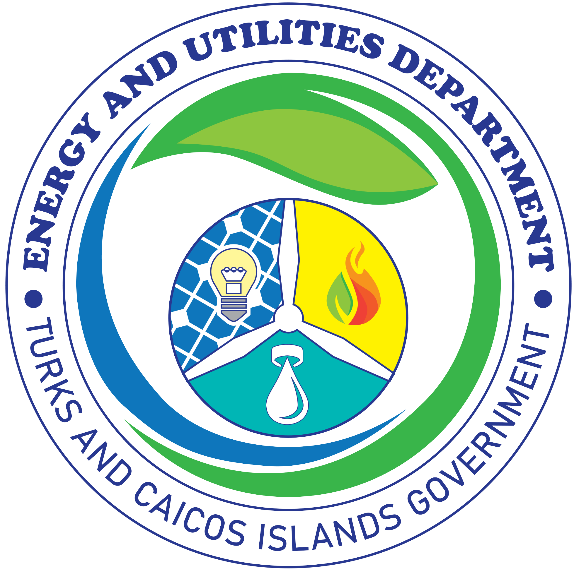The global fuel supply and demand affect the cost of fuel in the international market and so with the local fuel cost. The primary source of electricity in TCI is diesel-generated, of which the cost of generation is also influenced by the global cost of fuel.
Electric bills in TCI are calculated using the base rate cost and the fuel factor cost. The base rate costs vary on different islands and were prescribed through Regulations in 2020. The fuel factor cost is calculated as prescribed by the Electricity Rates and Charges Regulations. The fuel factor (please see graph and table below for January to May 2022 for ease of presentation) is affected by the cost of diesel (per gallon). When the cost of diesel is low, the fuel factor is lower and conversely, as the cost of diesel increases, the fuel factor will also increase. It can be gleaned from the graph that the fuel factor and cost of diesel are steady increasing from February up to the present.
The electric bill is a function of monthly electrical consumption (kWh) multiplied by the base rate, plus the same monthly electrical consumption (kWh) multiplied by the fuel factor. The product is the bill for a given billing period. If there are late payments a corresponding charge will be added to the bill. If the fuel factor increases, the electric will also increase. Similarly, if the monthly electrical consumption is high, the electric bill will also be high.
The Ministry of Home Affairs thru the Energy and Utilities Commissioner (currently Acting) is authenticating the calculation of the Fuel Factor on a monthly basis (before billing), in accordance with the Electricity Rate and Charges Regulations, Electricity Ordinance (Chap 14.04). The authentication is based on the information (fuel receipts and fuel consumption data) provided by the utility company.
As long as the TCI is dependent on imported fossil fuels e.g. petroleum, to generate power, the cost of electricity will remain to be highly dependent on the volatile fuel cost in the global market. If the TCI will shift to renewable sources of energy, it is expected that the cost of electricity will be lower, and more importantly it is environment friendly because of lower emissions of greenhouse gases (GHG).
It is recommended that each one of us should observe energy conservation and use energy efficient electrical appliances. It is advisable to use LED lights; wise use of air conditioners (AC) and water heaters; use electric fans, when possible; and unplug device chargers when not in used. As noted earlier, if the monthly electrical consumption (kWh) is low due to energy conservation and use of energy efficient appliances, the electric bill will be lower.
